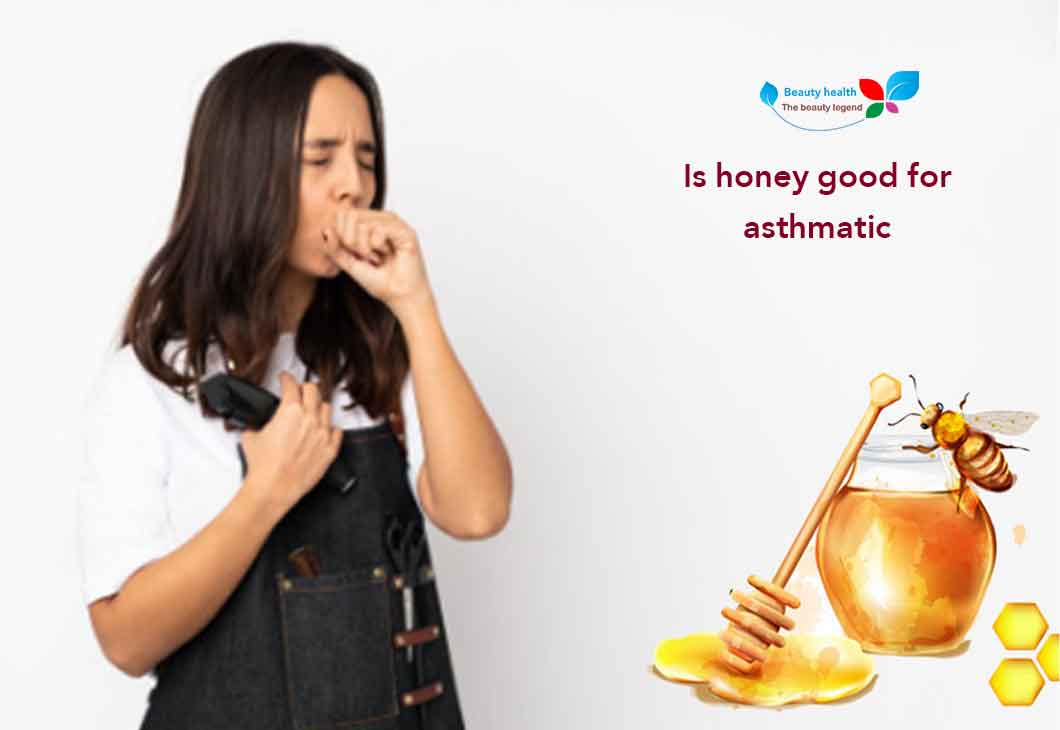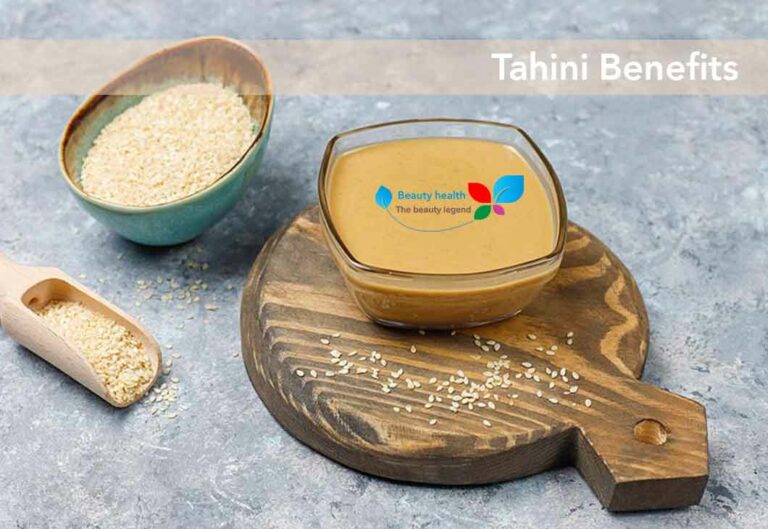Is honey good for asthmatic
Is honey good for asthmatic:
Is honey good for asthmatic |Treating chest allergies with honey ,the benefits of honey are very numerous, as it is used as a natural medicine in many diseases, including chest allergies or chronic asthma. Honey has antioxidant properties that fight inflammation and boost immunity.
People use honey for its ability to soothe a sore throat and soothe a cough. Honey is a great home remedy for allergy symptoms.
Asthma and allergies are caused by things in the environment such as pollen and dust. Your body produces antibodies in response. These antibodies cause the production of chemicals, such as histamine. They are what cause sneezing, itching, coughing and other allergic reactions.
These same antibodies can trigger asthma. Asthma is a problem with the lungs and upper airways. It is a more serious health problem than environmental allergies. Asthma may pose a threat to human life. Let’s know how to treat chest allergies at home.
Treatment of chest allergies with honey:
Chest sensitivity can take many forms, and natural honey helps treat chest allergies significantly:
Treatment of nocturnal cough or nocturnal asthma with honey:
Treatment of chest allergies with honey for nighttime asthma is very useful:
- It causes nocturnal asthma, coughing, wheezing and chest tightness. These symptoms may disturb your sleep.
- Eat two teaspoons of honey at bedtime.
- It stimulates the salivary glands to produce more saliva.
- This causes the airways to lubricate, relieving the cough.
Infections in the airways in the lungs:
Chest allergy treatment with honey can be used to treat bronchial infections in the lungs:
- Honey reduces inflammation in the airways within the lungs.
Natural honey recipes for treating chest allergies:
Honey helps treat phlegm, mucus and breathing problems when mixed with some natural elements:
Honey recipe to remove mucus (Is honey good for asthmatic):
It helps get rid of mucus that makes breathing difficult. You can take honey by:
- Mix 1 teaspoon with 8 ounces of hot water. This is two or three times a day.
- Be careful not to make the water too hot.
Honey and cinnamon get rid of phlegm (Is honey good for asthmatic):
Honey with cinnamon helps remove phlegm:
- Mix 1/2 teaspoon of cinnamon powder with 1 teaspoon of honey and take it before bed.
- Honey and cinnamon help remove phlegm from the throat and boost your immune system.
Honey and lemon mucus removal recipe (Is honey good for asthmatic):
Honey with lemon helps in improving breathing and removing mucus:
- Juice half a lemon in a glass of warm water and add a teaspoon of honey.
- Lemon juice contains antioxidants that can strengthen the immune system and help clear mucus.
Side effects of using honey:
Treating chest allergies with honey is very useful, but there may be some side effects of using honey, the most important of which are:
- Things to Keep in Mind One of the biggest concerns with using honey is the risk of an allergic reaction.
- If you have had an allergic reaction to bee stings or bee pollen, you should avoid honey in any form.
- A honey allergy can produce symptoms such as: cough, difficulty swallowing, itching, swelling under the skin, wheezing, difficulty breathing
- If you have heart disease or a digestive disorder, you should talk to your doctor before trying honey.
- If you are taking antibiotics or medicines for your heart or nervous system.
- Children under the age of 12 months should not be given honey.
- The risk of food poisoning is very severe in infants.
- If you have diabetes, be aware that honey can cause your blood sugar to spike.
At the end of the article, Is honey good for asthmatic? some important tips for asthma patients:
Important fixes that asthma patients should read carefully:
- Exercise regularly.
- stop smoking.
- Avoid exposure to allergens by staying indoors when the weather and allergens are high outside.
- Use your own air conditioner, so you can keep your home cool without opening the windows.
- Change the filter often in air conditioners, sanitizers, or humidifiers.
- Keep your home as clean and free of allergens as possible.
- Follow your doctor’s advice about when to take your medications.
- Make sure you know how to prevent asthma attacks and keep breathing steady.






